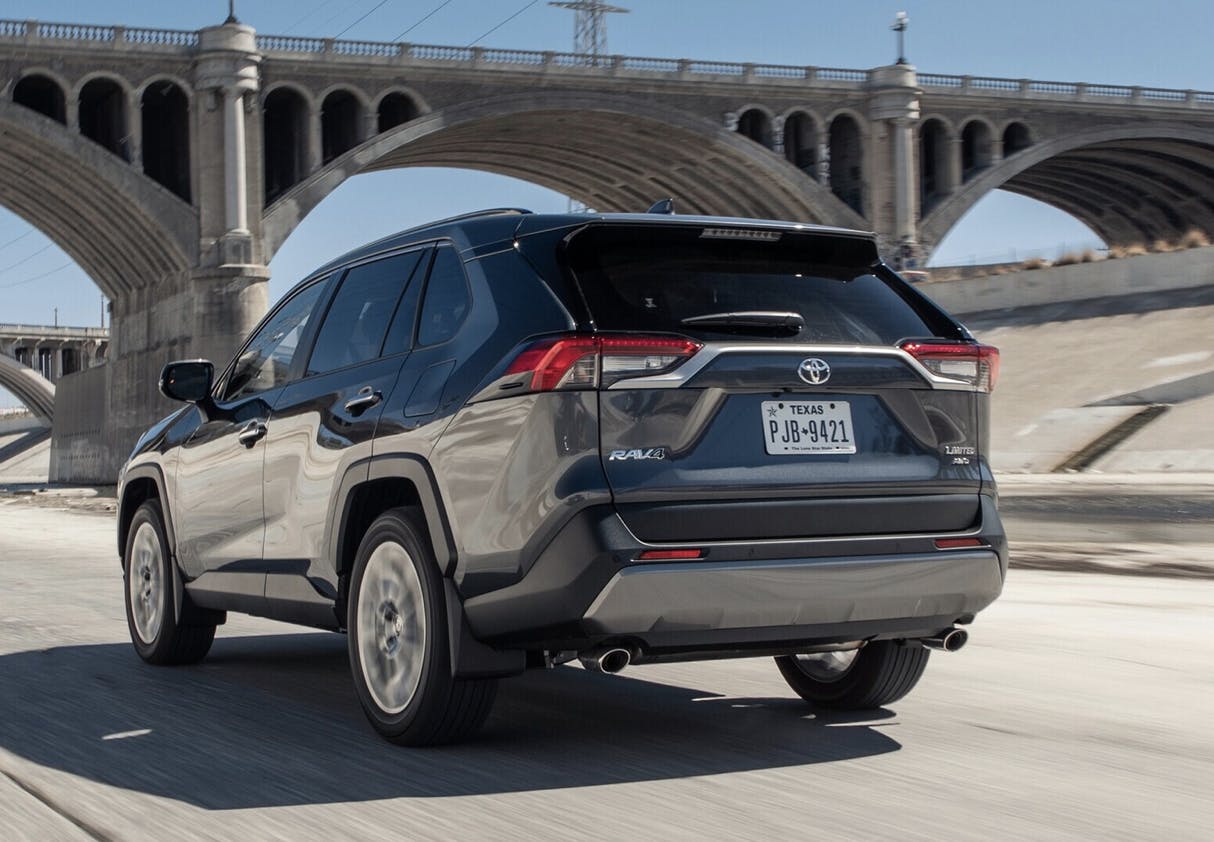
Toyota RAV4 vs. RAV4 Hybrid: A Comparison of Gasoline and Hybrid Models
When it comes to choosing between the gasoline-powered Toyota RAV4 and its hybrid counterpart, the RAV4 Hybrid, there are many factors to consider. Both models have their own unique strengths and weaknesses that cater to different preferences and needs. In this comparison, we will take a closer look at how these two SUVs stack up against each other in terms of performance, efficiency, and overall driving experience.
One of the key differences between the gasoline RAV4 and the RAV4 Hybrid is their acceleration capabilities. In our tests, the RAV4 Hybrid proved to be almost a full second quicker from 0 to 60 mph compared to the regular RAV4. While the gasoline model takes around 8.0 seconds to reach this speed, the hybrid accomplishes it in just 7.1 seconds. This difference may not seem significant on paper, but in real-world driving scenarios, it translates to a noticeable improvement in acceleration for the RAV4 Hybrid.
In terms of driving dynamics, both the gasoline RAV4 and the RAV4 Hybrid exhibit similar ride and handling characteristics. However, where they differ is in their overall driving experience. The RAV4 Hybrid feels more confident off the line with quick and effortless acceleration, while the regular RAV4 tends to suffer from a loud engine at higher speeds and more noticeable acceleration lag. This makes the hybrid model a more enjoyable option for drivers who value smooth and responsive performance.

When it comes to fuel efficiency, there is no doubt that the RAV4 Hybrid takes the lead. With its hybrid powertrain combining a gasoline engine with electric motors, the hybrid model offers significantly better fuel economy compared to its gasoline counterpart. This means lower running costs and fewer trips to the gas station for owners of the RAV4 Hybrid.
Another important factor to consider is pricing. While the initial cost of purchasing a hybrid vehicle is typically higher than that of a gasoline-powered car due to advanced technology and components, owners can potentially save money in the long run through reduced fuel consumption and maintenance costs.
In conclusion, both the Toyota RAV4 and RAV4 Hybrid offer solid all-around performance with their own unique strengths and weaknesses. The regular RAV4 excels in affordability and reliability while offering decent performance capabilities. On the other hand, the RAV4 Hybrid stands out with its impressive acceleration, fuel efficiency, and overall driving experience. Ultimately, your choice between these two models will depend on your priorities as a driver – whether you prioritize performance or efficiency – but rest assured that both options provide reliable transportation backed by Toyota's reputation for quality engineering. Be sure to check out the TAV4 gas and Hybird models at your local Bayside Toyota dealership today, in Prince Frederick, Maryland.
Article credit: Motortrend

